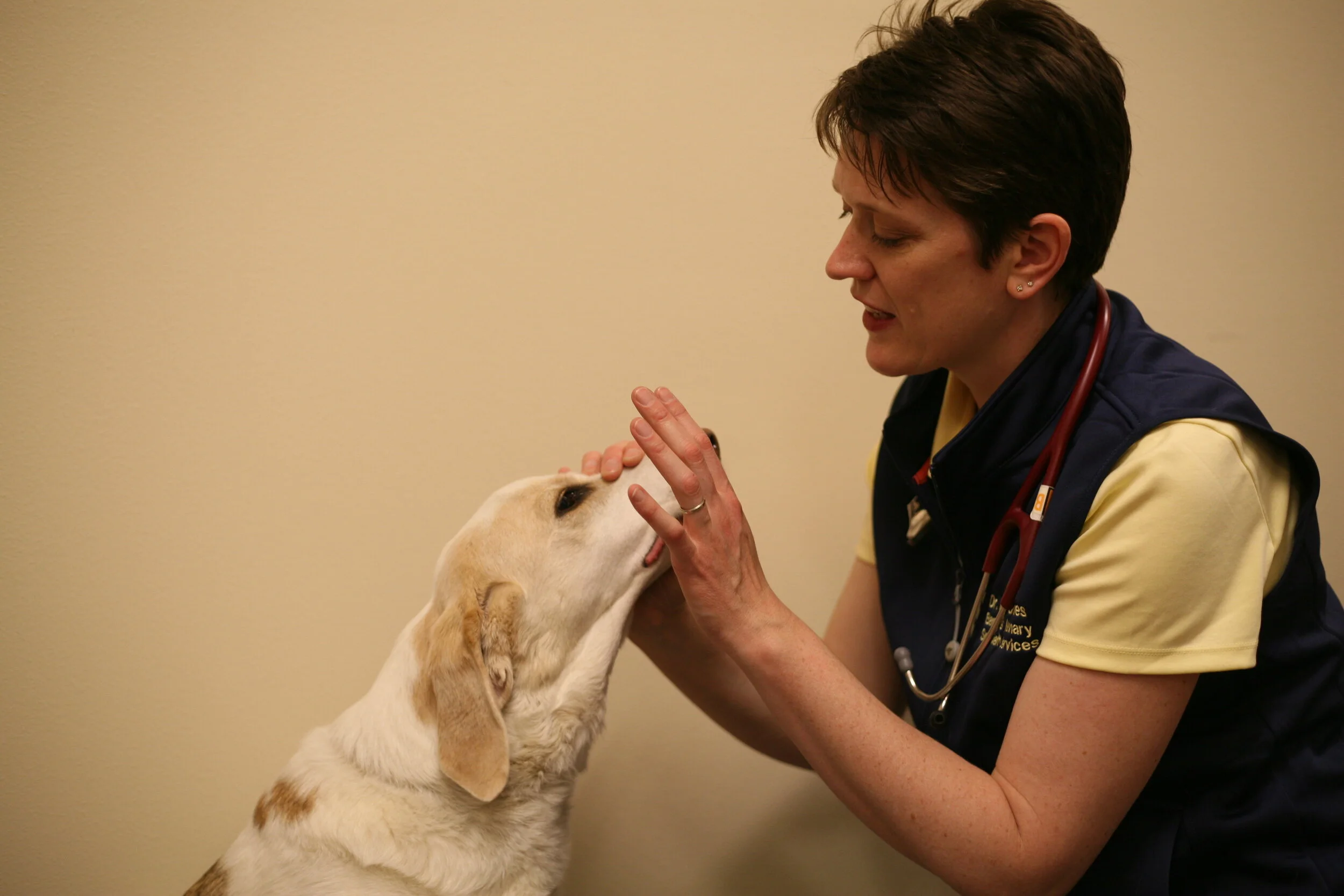How reliable is the neurologic exam for patients with vestibular disease?
We (neurologists) like to think that the neurologic examination is the ultimate-be-all-end-all tool. But in dark corners, we talk about how incredibly hard it can be to do on patients with vestibular disease.
First, there are three parts that we need to consider for the lesion localization, correct?
1) Brainstem
2) Cerebellum
3) Peripheral CN 8
My rule of thumb is this: If the pet has ipsilateral hemiparesis/monoparesis, ipsilateral paw replacement deficits or decreased mentation (obtunded, stupor, coma) it is a brainstem lesion. If the pet has hypermetria, or intention tremors along with the vestibular signs, it is cerebellar in origin. Finally, in absence of those findings the lesion is localized peripherally.
An article out of Europe, dispelled our fears of the neurologic examination failing us and (thankfully) helped us sleep better at night when it was published that the neurologic examination correctly predicted if the vestibular signs were central (brainstem or cerebellum) or peripheral (cranial nerve 8) over 90% of the time.
Interestingly, central disease was more common in this study and, it was localized correctly MORE often than peripheral disease was localized correctly. In other words, dogs with central disease were more likely to be localized on the exam as having central disease compared to dogs with peripheral disease which were occasionally incorrectly localized with central disease.
A few more good reminders:
Nystagmus are not a localizing sign! (E.g. 8 dogs with peripheral and 5 dogs with central disease had horizontal nystagmus.)
The onset of disease does not predict it's lesion localization. (E.g. Acute and chronic onset of signs were not statistically different between the central and the peripheral groups.)
They had a lot of French Bulldogs in the study! Huh..I'm not sure I've noticed an over representation of French Bulldogs in my clinical work. It's good to learn something new everyday.
So, what does that mean for us?
It means if you do a thorough neurologic exam, you'll be correct about 90% of the time when you guide a client towards an MRI and spinal tap (for central disease) or treat for idiopathic or otitis (for peripheral disease). If you're unsure, err on the side of it being a central lesion and recommend a full work up. (Or contact me for a consult!) Oh, and 68% of dogs diagnosed with peripheral vestibular were idiopathic! Idiopathic disease means we have a lot more to learn...so let's get back to it!
(Bongartz U, et al. Vestibular Disease in dogs: association between neurological examination, MRI lesion localization and outcome. JSAP 2019).
My current work days are...well, all of them except Sundays. I'll post on FB or my website if I'm closed on a random day so feel free to check those spots if you're not sure. Otherwise, feel free to call, email or hop online to schedule a telephone, live or video consultation with me. Remember, all live consults are still curbside!

